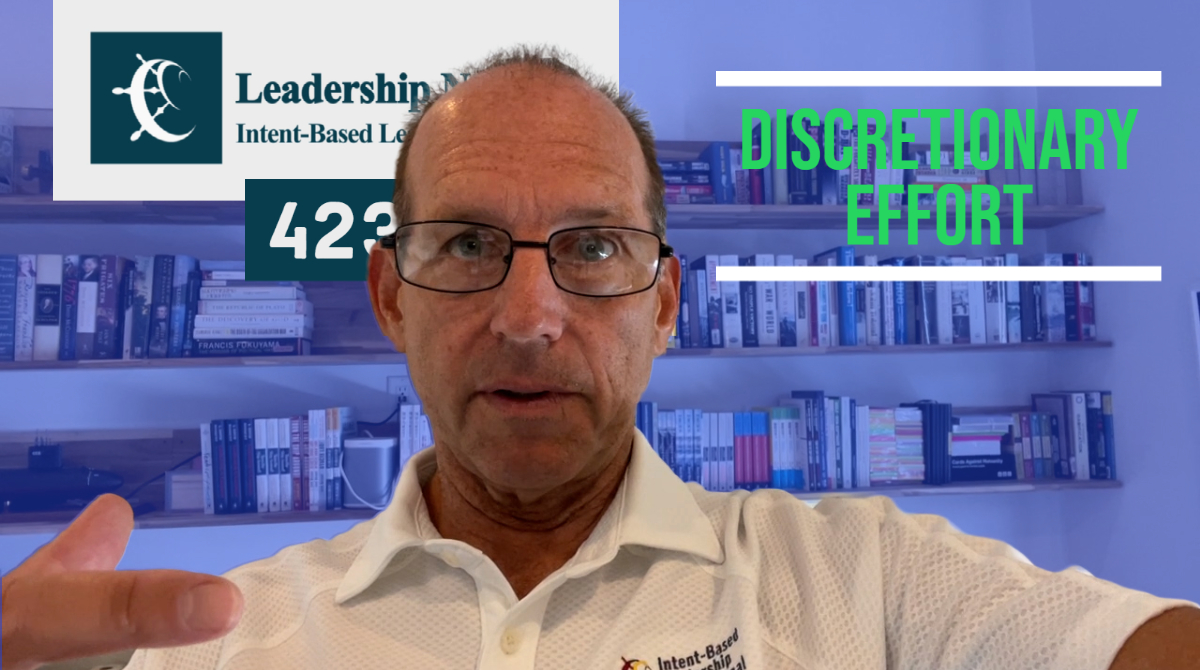The CompleteThe play at the end of redwork where we pause to reflect on what we have accomplished, celebrate that, and invite others to tell their stories. Play allows Celebration
One of the six plays in the Industrial AgeThe period when humans developed large complex organizations based on machines. Factories, assembly lines, plantations, and railroads were dominant during the Industrial Age. The Industrial Age organizational design was optimized to use humans to reduce variability and comply with their masters’ instructions. This fundamental structure shapes our organizational design and language today. management playbook was CONTINUEThe Industrial Age play of continuing redwork, or if pausing, proceeding directly on to the next project. — continueThe Industrial Age play of continuing redwork, or if pausing, proceeding directly on to the next project. the redworkDoing, action, process, production work. Redwork benefits from reducing variability. of production as long as possible, minimizing interruptions. Now, we want to chunk the work into smaller intervals that allow us to reflect, improveThe play at the end of redwork where we pause to reflect on what we have learned. Improve comes from reflection of the past and modification of current plans, process, designs in order to do or make something better in the future. Improve is the domain of the “Get Better” self., and celebrate what we’ve done. The new play is called COMPLETEThe play at the end of redwork where we pause to reflect on what we have accomplished, celebrate that, and invite others to tell their stories., and that allows celebration.
To move from continuation to completion:
1. Chunk work for frequent completes early, few completes late.
2. Celebrate with, not for.
3. Focus on behavior, not characteristics.
4. Focus on journey, not destination.
Celebration is important for three reasons:
- It gives us a sense of accomplishment. “Whew, that’s done!”
- It allows us to detach from the past and move on to the next thing. “Finished that, how does it look?”
- Done right, it reinforces the behaviors that allowed us to be successful in the first place. This could sound like:
- I saw that your team persevered when facing obstacles…
- I saw that you invited early feedback on the project…
- I saw that you built team connections before launching into the work…
It’s not about praising!
Rewarding the behavior that resulted in the work being completed will result in reinforcing that behavior, and creating more of it. Celebration does not mean “praising.” Too many of us have been conditioned—often by our parents—to be external people-pleasers. In fact, traditional praise is unhelpful at work because it is controlling, manipulative, and condescending.
Phrases like “Good job,” “I’m so proud of you!” and “You’ve really outdone yourself here,” are examples of celebrating for. These are celebrating for because I am appropriating the good feelings of the celebration which means I’m the judge. Here’s the key -there is a transference of the reward to me rather than leaving it with the person. For example, “I’m so proud of you.” I’m appropriating the target persons’ psychological reward, it is I who feels so proud. That’s my good feeling. For the target person, it makes the motivation extrinsic (externally motivated) not intrinsic (internally motivated.)
How to change the praise phrase.
Step 1 of 2: Instead of having internal joy because of the accomplishment itself, the target person’s satisfaction comes from an external source: making their boss happy. Approval seeking behaviors (extrinsically motivated behaviors) have the pitfall of “I’m good at doing what I’m told so I can be told how good I am.”
Statements that “celebrate with, not for” describe observations and signal appreciation for the behaviors. Descriptive statements start with “I see,” “I noticed,” and “It looks like.”
Step 2 of 2: The celebrate statement should “focus on the behavior” observed, not a characteristic. Acknowledging characteristics like “being smart” are unhelpful because when we are conditioned to think of ourselves as “smart,” we will avoid challenges that actually test our intelligence. The only way we learn and grow is to take on such challenges. Therefore, the wrong kind of praise becomes stultifying, sapping our willingness to hone our greatest strengths. Acknowledge the behavior that is controllable such as:
“dedication in the face of obstacles” instead of “a strong will power”
“careful review prior to action” instead of “a deep thinker”
“inviting others to provide early feedback on an idea” instead “a natural leader”
To improveThe play at the end of redwork where we pause to reflect on what we have learned. Improve comes from reflection of the past and modification of current plans, process, designs in order to do or make something better in the future. Improve is the domain of the “Get Better” self. performance, celebrate what people can control -their efforts- and not the things they can’t- the outcomes.
Let us know what your favorite celebration rituals are!!
Further your knowledge: One book that helped us understand how to celebrate was Carol S. Dweck, Mindset: The New Psychology of Success
This book is also listed as Further Reading in the back of our Leadership Is Language: The Hidden Power of What You Say –and What You Don’t


